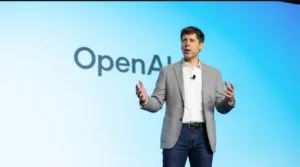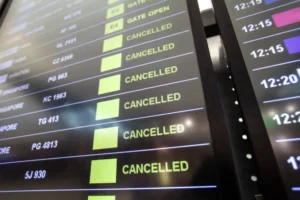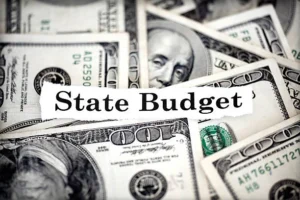Alaska lawmakers are actively considering a Permanent Fund cap proposal to overhaul how future dividend payments are distributed statewide. House Bill 209, introduced by Anchorage Democrat Zack Fields, proposes capping future dividends at $1,000 and adding income-based eligibility.
Specifically, Fields’ bill sets income thresholds at $50,000 for individuals and $100,000 for married couples to qualify for the Permanent Fund Dividend under the proposed legislation. Fields told constituents the Permanent Fund cap proposal ensures funds reach those in need while protecting essential public services statewide.
He estimates the bill will save Alaska approximately $300 million annually, freeing funds for education infrastructure and healthcare investments. In his statement, Fields argued that a giant dividend cannot replace the state’s responsibility to maintain strong public services for residents.
He added that Alaska can pay historical average dividends and still have a $500 million budget surplus thanks to resource wealth and endowments. The House Judiciary Committee recently reviewed the bill and signaled interest, though some lawmakers voiced concerns about its strict limits.
Committee Chair Andrew Gray acknowledged the proposal’s merits but argued that the income threshold and dividend caps should be higher. Gray said families earning $60,000 to $80,000 still struggle and should not be excluded from future dividend eligibility under the plan.
He emphasized that the bill’s $1,000 cap was too conservative and suggested tying dividend amounts to inflation adjustments. Meanwhile, Republican Senator Shelley Hughes from Palmer strongly opposed the bill, warning it could invite legal challenges from Alaska residents.
Hughes from Palmer strongly opposed the bill, warning it could invite legal challenges from Alaska residents. Hughes argued that the proposal transforms the PFD into a welfare style, violating the original purpose envisioned by Governor Hammod.
Fields countered that Alaska’s choices are limited: either raise new revenue, means-test the PFD, or risk its collapse within years. The House Judiciary Committee plans additional hearings on the bill with the next scheduled session.











